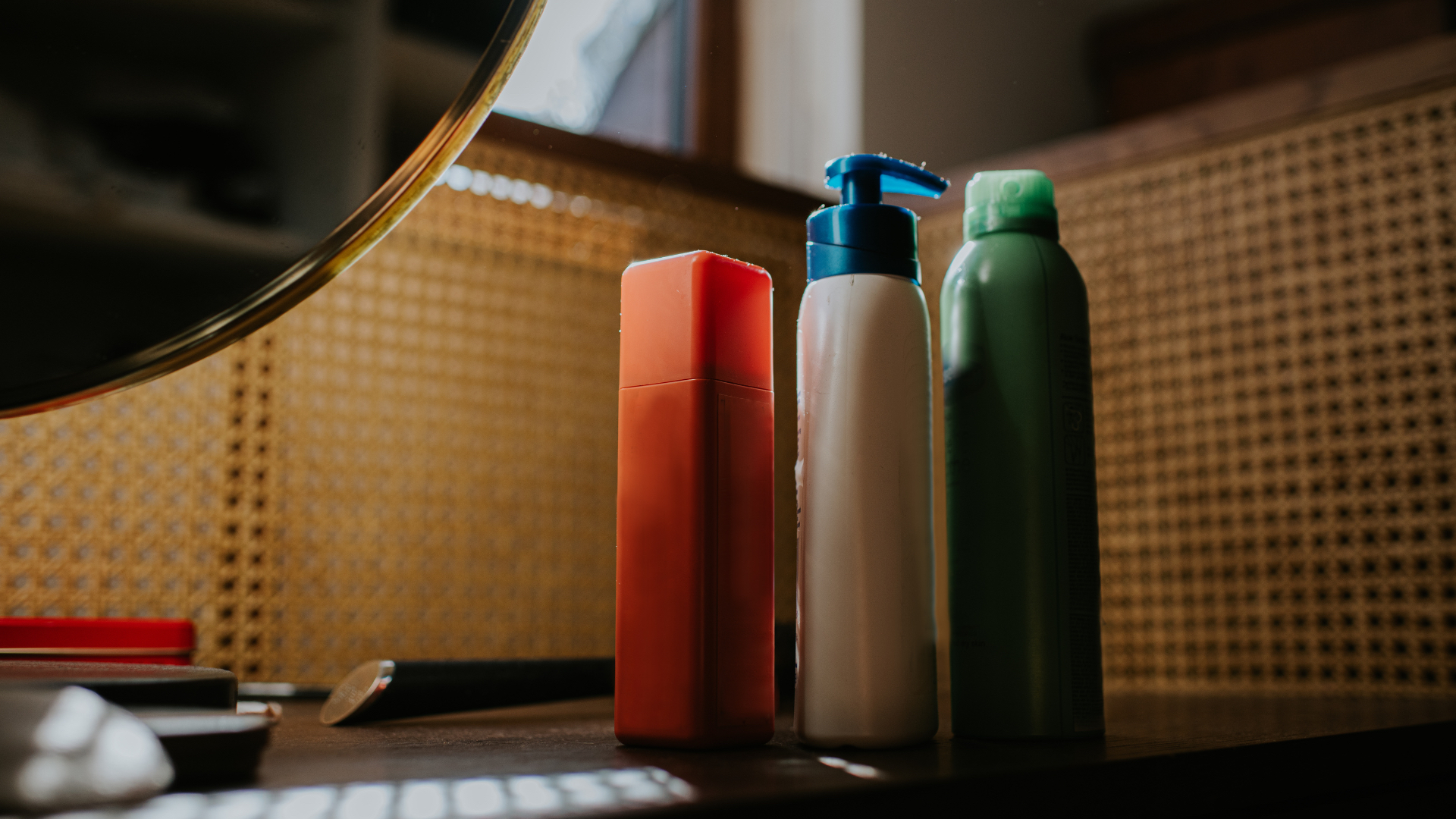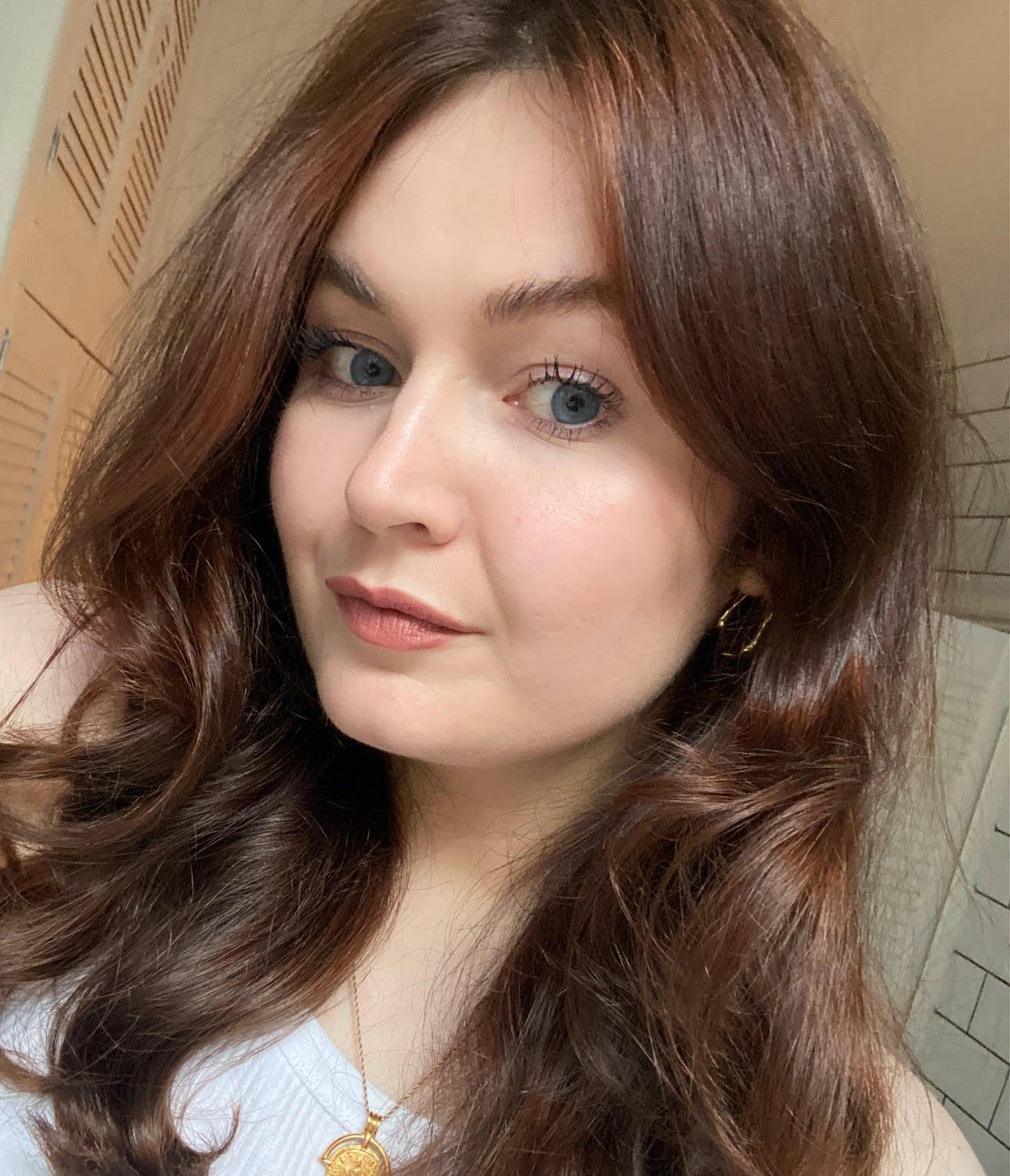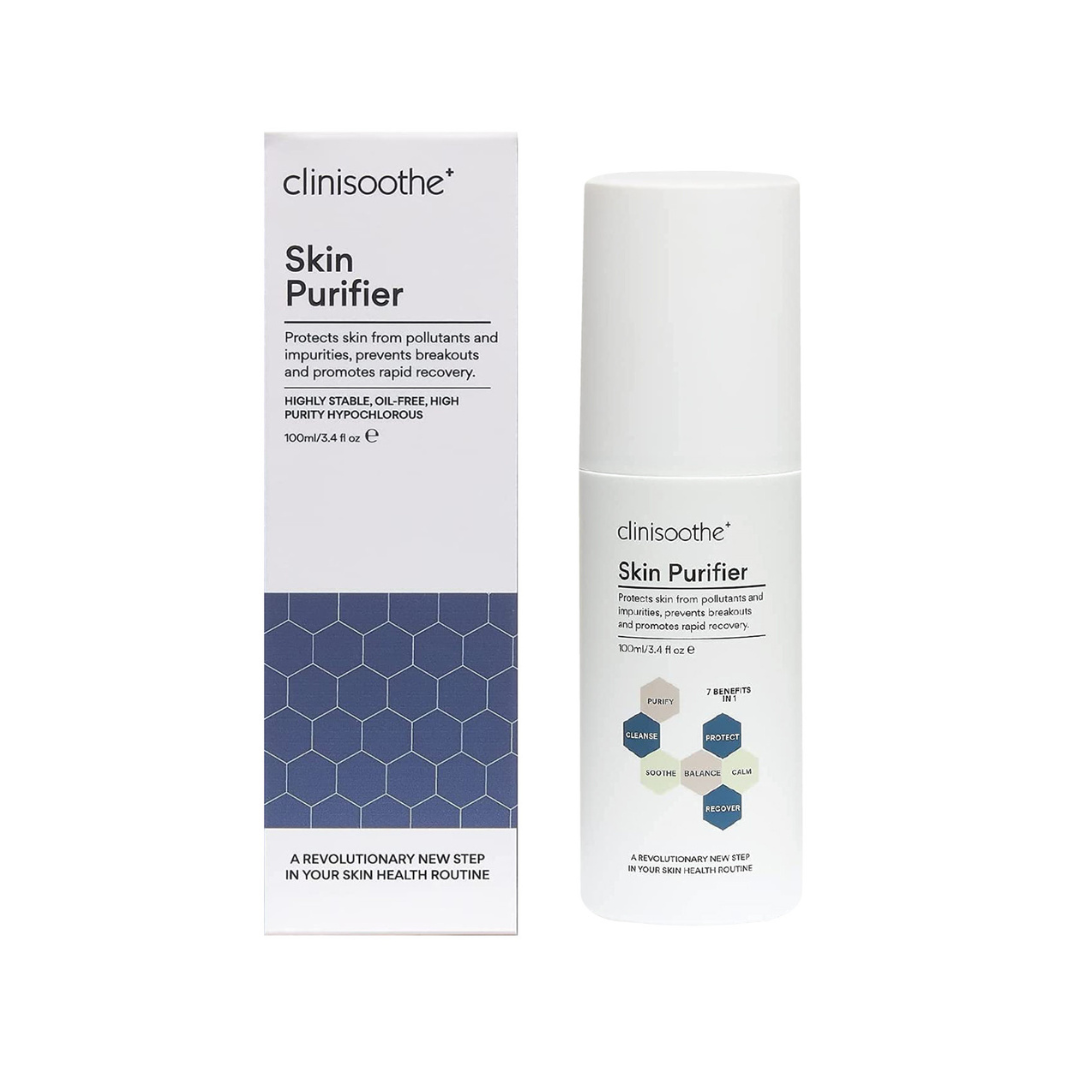Battling breakouts? It's time you knew about this lesser-known product that's adored by dermatologists
There's things you should know about hypochlorous acid sprays


If you spend any time at all in the beauty circles of social media, you may have noticed that hypochlorous acid sprays are the talk of TikTok. Content creators are using them to calm angry skin or refresh it post-gym, for example—one buy in particular that you may recognise is Tower 28’s SOS Spray, which has dozens of videos dedicated to its reported skin-soothing abilities. But it's also well loved as a product for acne treatment.
Last year, the skincare ingredient was forecast to surge in popularity in 2024 and, indeed, Google trends data shows that searches for hypochlorous acid saw a huge uptick from the end of March and throughout April, suggesting interest in similar face mists is on the rise.
But though it can be a super beneficial skincare ingredient if used correctly, when I asked two derms about hypochlorous acid sprays, it seems they’re a good example of the phrase “everything in moderation”. Here’s what you need to know about this ingredient before adding it to your regime.
What is hypochlorous acid?
“It’s a naturally occurring compound that’s produced by the body to help fight infection and inflammation,” explains Dr Anjali Mahto, Consultant Dermatologist at Self London. “In skincare, when used topically, it’s known for its gentle, yet highly effective, antimicrobial and anti-inflammatory properties. It can help cleanse the skin by eliminating bacteria, viruses and fungi without causing irritation, making it suitable for sensitive skin.”
Dr Mahto adds that she uses hypochlorous acid a lot in her clinic, in the form of CliniSept+ (otherwise known as Clinisoothe), a leading brand in post-treatment skincare solutions. “[Hypochlorous acid] also promotes healing and reduces redness and swelling, therefore being of benefit post-procedure,” Dr Mahto says.
How do hypochlorous acid sprays benefit skin?
Dr Mahto tells me that hypochlorous acid is particulary beneficial for sensitive, acne-prone and inflamed skin types, such as those with eczema or rosacea. “Its gentle yet effective antimicrobial and anti-inflammatory properties make it ideal for reducing acne-causing bacteria and inflammation, promoting clearer skin and soothing any redness and swelling associated with skin conditions,” she explains. “Additionally, it also promotes wound healing and is often used post-procedure by us in clinic to minimise infection and aid in skin recovery.”
All that said, they may not be suitable for everyone, which is why both dermatologists recommend proceeding with caution. “While they may be popular on TikTok and offer potential skincare benefits, it's essential for skincare consumers to proceed cautiously,” says Dr Mahto. “While generally considered safe and suitable for many skin types and concerns, individual reactions can vary.”
Celebrity news, beauty, fashion advice, and fascinating features, delivered straight to your inbox!
Indeed, during a brief scroll through many positive TikTok videos about hypochlorous acid sprays, one user did not have a good experience the first time she tried one on her dry skin.
“Those with sensitive skin or certain skin conditions should patch-test first or consult a dermatologist before incorporating it into their routine,” Dr Mahto continues. “Additionally, while it can help with various skin issues, it's not a one-size-fits-all solution and other skincare products and practices may be necessary for individual concerns.”
Can I use hypochlorous acid sprays every day?
It is possible to overuse hypochlorous acid. “It is primarily an antimicrobial, therefore I would only use it when needed rather than persistently, as it may suppress healthy microorganisms in the skin microbiome leading to a compromised skin barrier,” says Consultant Dermatologist Dr Mary Sommerlad, who also works at Self London.
Dr Mahto also warns of the potential risks: “Excessive use may disrupt the skin's natural barrier function, leading to dryness, irritation or increased sensitivity If you experience any signs of irritation or sensitivity, it may be necessary to reduce the frequency of use or discontinue use altogether. As with any skincare product, moderation is required.”
It's important to note that the products used in a clinic —or given to you by a doctor/dermatologist—are administered and supervised by medically trained professionals with advice on how often to use them and for how long. Don’t be tempted to seek out products designed for use in these settings for your own at-home use. An example of a consumer product is the viral Tower 28 SOS Spray (which is not widely available in the UK) we mentioned earlier. While the percentage of hypochlorous acid isn’t specified, it comes last on the ingredients list after water and sodium chloride, meaning it has the lowest concentration of everything in the formula.
Does hypochlorous acid interract with other skincare ingredients?
This is another reason why it’s important to do your homework before adding a product to your routine. Dr Sommerlad notes that hypochlorous acid can actually interact with other skincare ingredients, rendering them ineffective.
“Some of the formulations may contain ingredients that could potentially irritate the skin or deactivate other skincare ingredients; for example, hypochlorous acid itself can inactivate vitamin C,” she explains. This is important to know if you're somebody who uses one of the best vitamin C serums daily in your routine.
“I would therefore suggest hypochlorous acid is only used for short periods of time rather than continuously," Dr Sommerlad stresses. "I would suggest using it for a short period of time in inflamed skin, post-procedures or under the advice of a dermatologist. Once the skin is back to a healthy state, stop the hypochlorous.”
All this isn’t to say that a facial spray with hypochlorous acid can’t benefit your skin—and, clearly, many people have positive experiences of using them. Just ensure that you’re using one for the right reasons, that you patch test before widespread application and that you aren’t tempted to overuse. With the exception of sunscreen, less is often more when it comes to the skin.

Lucy is a freelance beauty editor and contributor at Marie Claire, and has also written for titles including Cosmopolitan, Refinery29, Glamour and woman&home. She was previously Marie Claire’s junior beauty editor. During her career, she’s covered everything from backstage beauty at fashion week to interviews with famous faces like Drag Race royalty and Little Mix. As for her beauty ethos, she’s a big advocate for not having to spend a fortune on beauty products to get good results. When she’s not got beauty on the brain you’ll probably find her reading or Netflix-ing.
